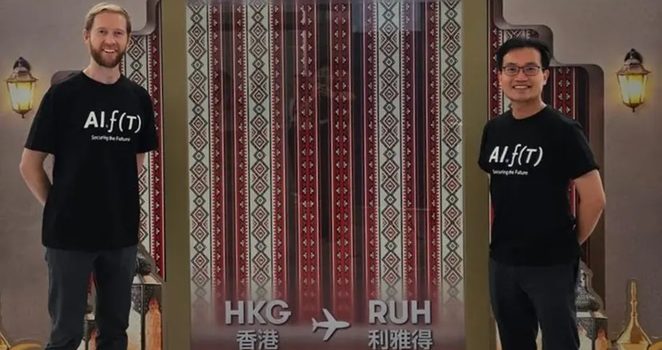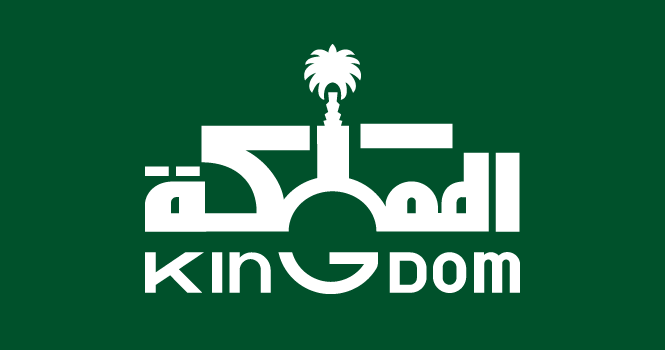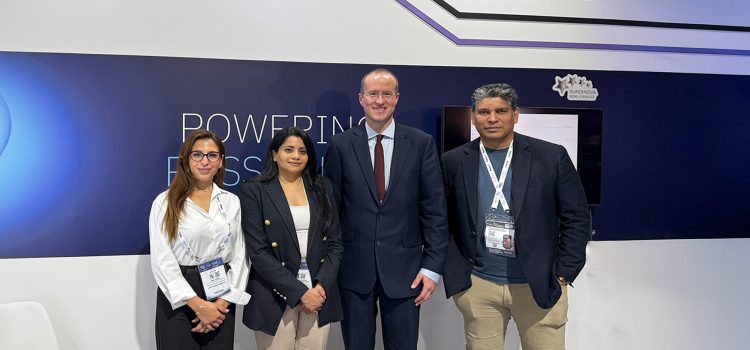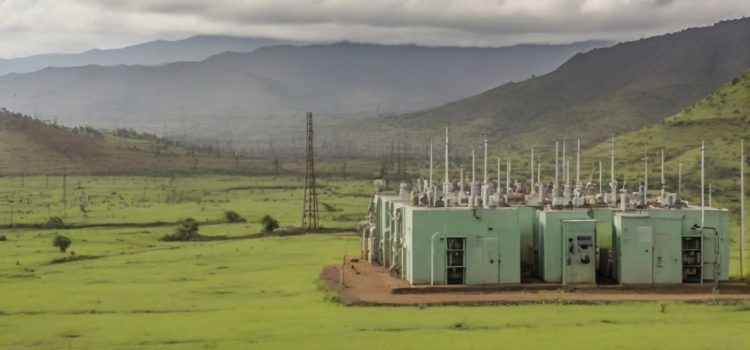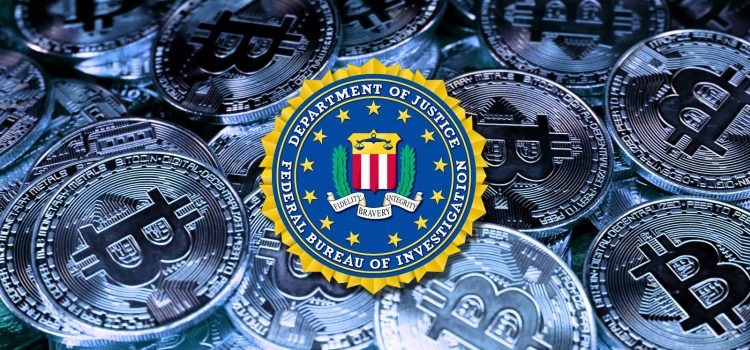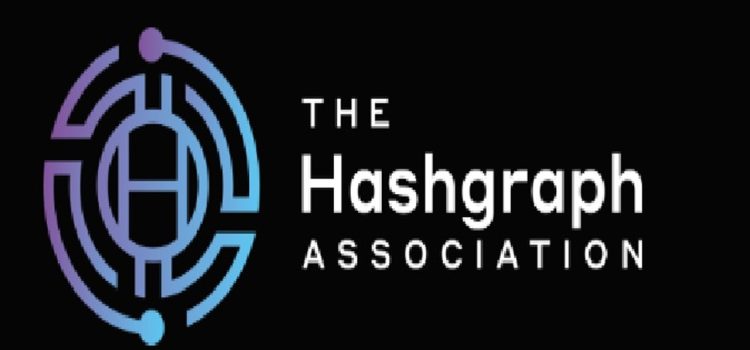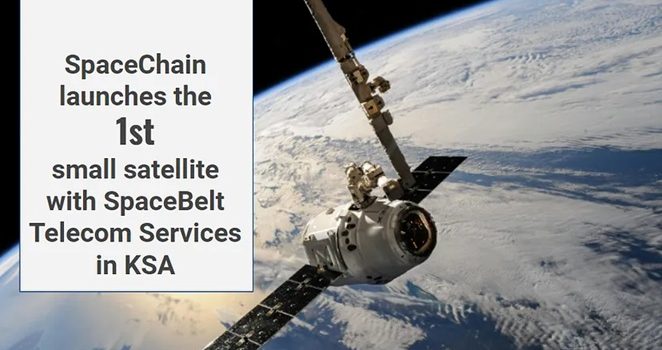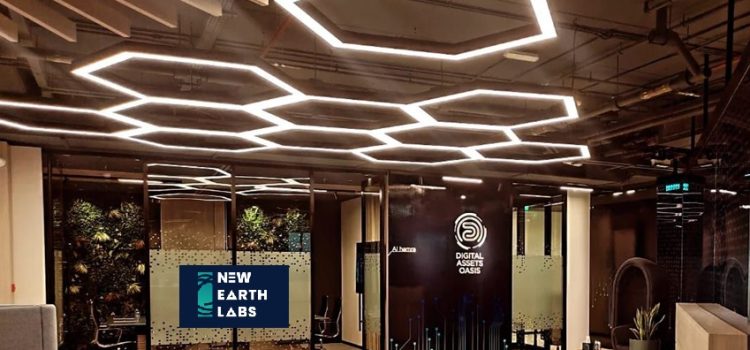
In an interesting move, given the global move, especially in the United States to accept digital assets and form regulations surrounding them, the UAE Securities and Commodities Authority (SCA) has released a draft regulation under the title “ Security Tokens and Commodity Tokens Contracts”.
The UAE SCA has invited feedback on the draft regulation by February 14th 2025.
The UAE SCA in its draft regulations has defined Security tokens as digital assets created using Distributed Ledger Technology to represent financial rights or tangible assets. Examples of Security tokens include equity tokens, and bond tokens.
With regards to Commodity Tokens, the regulator has defined them as a type of digital assets that are based on the value of physical commodities such as gold, oil, metals, or agricultural products.
These tokens are used to facilitate the trading of commodities on digital platforms while reducing the costs and risks associated with traditional trading. Examples offered by the UAE SCA include gold tokens, and oil tokens.
In terms of the agreements for both security and commodity tokens that will be recorded onto a DLT (Distributed Ledger Technology) platforms, and can be traded on DLT platforms as well.
Subject to the provisions of Federal-Decree Law No. (31) of 2024 Regarding Netting, the transfer of a security token or commodity token derivative contracts shall be subject to the provisions of the registration agreement. The security token and the commodity token contracts may only be traded and settled through the market or the alternative trading system, while the trading and settlement of bonds and sukuks can be carried out over the counter.
In September 2024, The Securities and Commodities Authority (SCA) signed a cooperation agreement with Dubai’s Virtual Assets Regulatory Authority (VARA) where it was agreed that VASPs operating in/from Dubai, or wishing to service the emirate of Dubai required to obtain a license from VARA, and can be registered by default with the SCA to service the wider UAE. VASPs wishing to operate out of any other Emirates, must be licensed by the SCA to do so.
In addition under the agreement, the SCA and VARA will set forth rules and procedures for licensing and supervision virtual asset service providers (VASPs) and any related activities, services or associated transactions. This is subject to licensing in accordance with the provisions of Cabinet Decision No. 111 of 2022, and No. 112 of 2022 (Regulating Virtual Assets and Their Service Providers) and within the respective jurisdiction of both parties.
The agreement covers the mechanism for mutual supervision of VASPs, penalty and fine imposition, the exchange of information and statistics, as well as cooperation in employee training and qualification.










